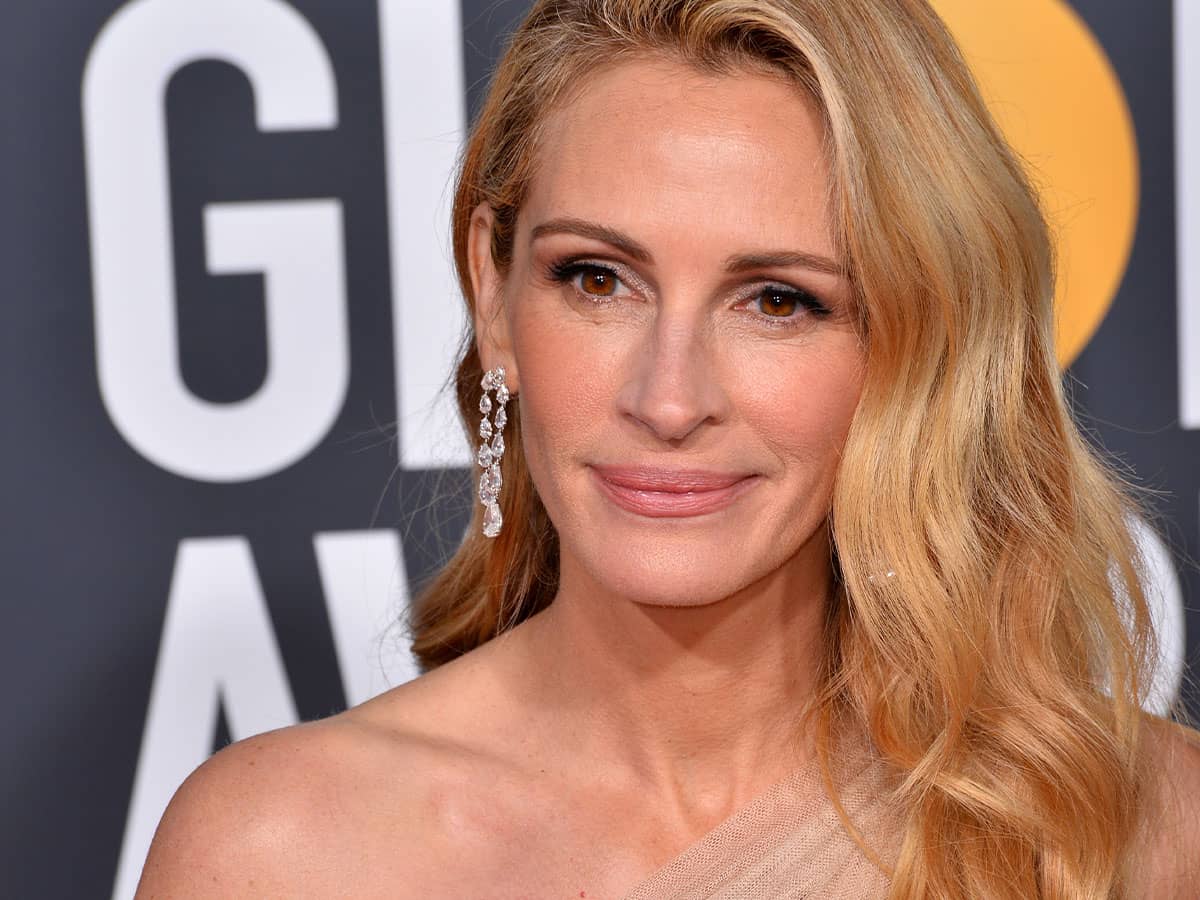The Netflix show "The Crown" has captivated audiences across the world, featuring the life of Queen Elizabeth. In the show, they portray her as a strong, devout Christian woman. She kneels at her bedside for prayer each night, and has a budding a friendship with American evangelist Billy Graham. She is seen speaking out her faith often and sharing how it shapes her decisions.
How much of this, though, is only for television? Is the Queen someone who really serves the Church of England faithfully? As it turns out, much of the series is based on truth.
Over the last 65 plus years, the Queen has begun to take a deliberate turn towards religion as a ruler. While Britain as a whole has gotten more secular, the Queen's messages to her people have followed the opposite path. This is most notably addressed in her annual Christmas broadcast message, a staple of any Britain household on Christmas day.
A survey of the broadcasts reveals that for the majority of the time, the Queen had only spoken about the religious significance of Christmas in passing. The past approximately 20 years of her reign, though, her messages have taken on a different tone where she shares her own personal faith. In 2014, she described her faith as "the anchor in my life."
The Christmas broadcast is a perfect way for the Queen to speak about Christianity, because it is an unscripted segment not regulated by the government. In 2017, she said, “Billions of people now follow Christ’s teaching and find in Him the guiding light for their lives. I am one of them because Christ’s example helps me see the value of doing small things with great love, whoever does them and whatever they themselves believe.”
When did the speeches change? The turning point for the Queen was in 2000, or the start of the millennium. This broadcast was devoted to sharing an account of Christ's life and teachings. She concluded by saying He "provide(s) a framework in which I try to lead my life."
The citizens of Britain aren't the only ones who have taken notice in the Queens spiritual journey. University of St. Andrews profession and published author Ian Bradly, in his book, commented by saying "this truly makes her Defender of the Faith." This is a reference to the title that all monarch s have used since it was first bestowed on Henry VIII in 1521. The papacy today even agrees with this, so much so that one senior Vatican official described the Queen as "the last Christian monarch."
There are a few different reasons why people believe the Queen switched her tone on the faith when the 2000s came, but Bradley believes it is due to the influence of Prince Philip. He said, “After her very personal account in 2000, she was encouraged to continue because I’m told she received 25 times more letters than usual from the public in response to that Christmas message than others, and she had huge support from the Duke of Edinburgh.” In addition, some believe it could have been partially due to the influence of George Carey, the archbishop of Canterbury.
Stephen Bates, former royal correspondent, thinks the death of the Queen Mother is what caused the change. He said, "She loosened up after her mother’s death. The Queen Mother kept a beady eye on her and now she is more relaxed. She expresses more of what she feels. I think this openness about her own commitment is part of it as well.” Prior to 2000, the Queen rarely made comments on the faith at all other than her coronation service and in one radio interview.
Accession to the throne also meant she became supreme governor of the Church of England, the established church, and since then her public life has been inextricably shaped by religious occasions: being seen by TV audiences at church at Christmas and Easter, distributing Maundy money on Maundy Thursday and attending the Remembrance Sunday service at the Cenotaph.
Queen Elizabeth was also heavily influenced by her friendship with evangelist Billy Graham. The pair created an unlikely friendship in the 1950s, and visited each other multiple times over the following decades including Easter Sunday in 1995. “No one in Britain has been more cordial toward us than Her Majesty Queen Elizabeth II,” Graham wrote in his 1997 autobiography, "Just As I Am".
The queen's meeting with the evangelist came about after Graham launched one of his evangelistic "crusades." Graham had spoken to "the greatest religious congregation, 120,000, ever seen until then in the British Isles," according to a biography of the late John Stott, a chaplain to the queen. During one of his rallies, Graham preached for 12 weeks, drawing 2 million.
“[The Queen] has always been deeply religious,” Robert Lacey, The Crown’s historical consultant told People. “She was close to the Rev. Billy Graham in his prime, inviting him to preach at Windsor whenever he was in Britain, and meeting up with him when she visited the States. He helped her with a Christmas broadcast in the ‘90s.”
He added, “Her Christian faith is fundamental to her in an old-time evangelical way.”
Queen Elizabeth II might not have been vocal about her faith during the beginning of her reign, but as time went on her spiritual journey flourished. She has put God at the forefront and used her platform to speak His truth. The Queen’s faith has truly shaped how she wanted to live her life as a ruler and governor of Britain.


